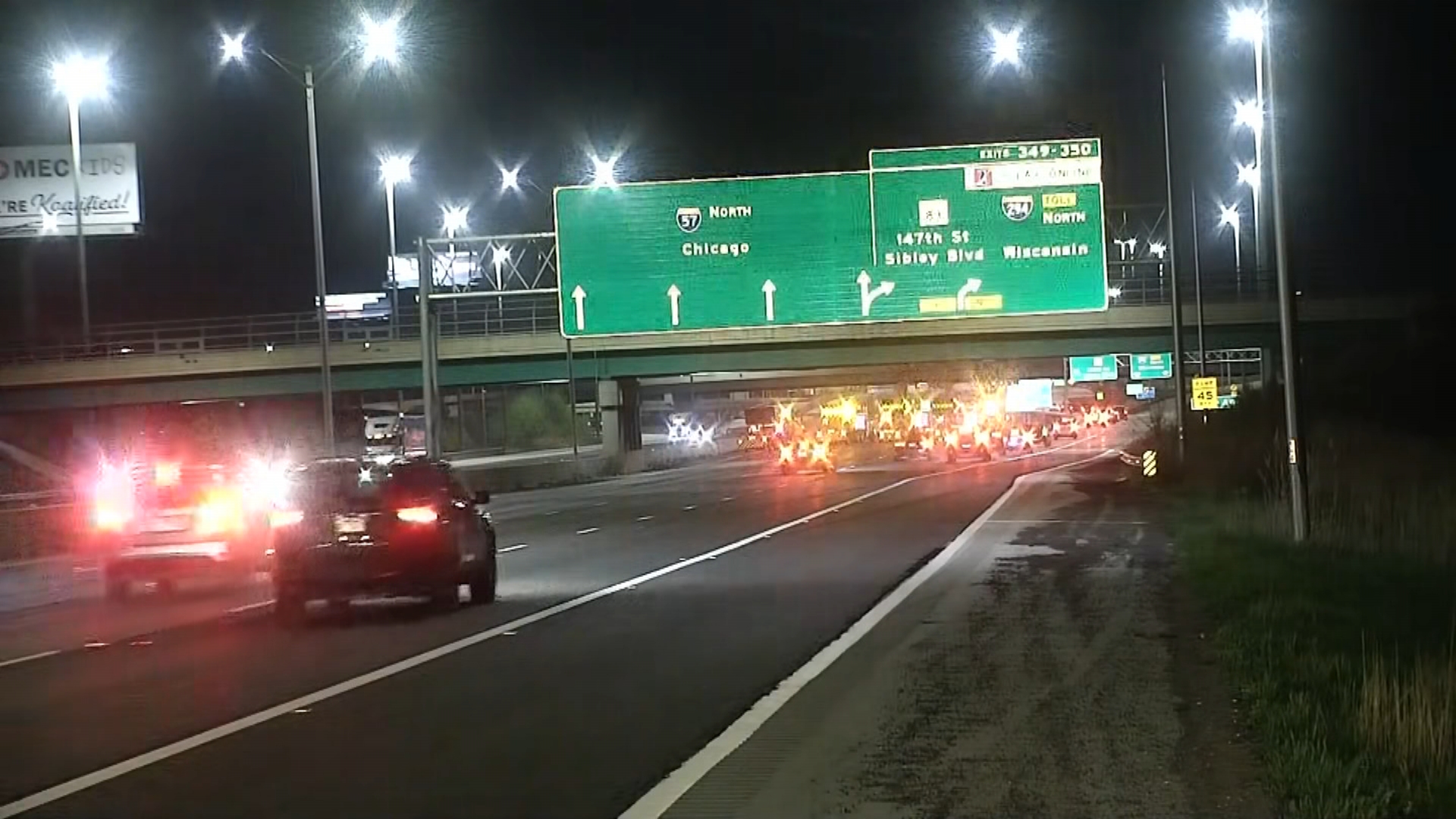In the face of a blistering backlash from the nation’s private pilots, the chairman of the House Transportation Committee withdrew proposed language Tuesday, which a powerful pilots’ group said would have placed air traffic control under a committee heavily dominated by the nation’s airlines.
But in doing so, Rep. William Shuster told the House Rules Committee that the proposal had been misconstrued.
“Nothing is being taken out of the FAA,” Shuster said. “There is a lot of misinformation out there.”
Shuster said his intention all along has been to “separate the safety regulator from the operator”, something which he noted is common practice in some 60 nations around the world.
Earlier Tuesday, the Aircraft Owners and Pilots Association, which represents thousands of private pilots across the United States had accused Shuster unleashing a “Trojan horse” to remove the nation’s air traffic control system from FAA oversight, placing it under a 13 member board heavily controlled by the nation’s airlines.
In a statement on their website, AOPA called the proposed legislation “an 11th hour backroom deal with the airlines.”
“This potentially creates a real safety issue for all of aviation and the general public,” said Jim Coon, AOPA’s Senior Vice President of Government Affairs. “There is no entity other than the FAA with the expertise, knowledge, and experience to run the largest, most complex air traffic system in the world.”
Local
Advocates insisted the proposed panel would have been advisory-only, and that air traffic control functions would remain under FAA oversight.
“Under this amendment, ATO (the operational arm of the Federal Aviation Administration) would stay in the FAA,” said Justin Harclerode, spokesman for Shuster and the Transportation and Infrastructure Subcommitee. “It does not remove air traffic control, the ATO, or any other aviation program or function from the FAA or FAA oversight.”
“Anyone claiming the contrary is misleading people about what the language actually does.”
Still, Shuster told the committee that the provision for the proposed advisory board would be removed under a revised version of his amendment to the sprawling bill which re-authorizes funding for the FAA.
Earlier, AOPA President Mark Baker issued a call for his members to flood Capitol Hill with calls to their representatives in Congress. And he called for a summit of all air traffic stakeholders to determine the future of the ATC system.
“Rather than backdoor deals,” he said, “let’s pass a long-term funding bill for the FAA and then sit down in the open and put together a plan to advance modernization in a productive way.”



